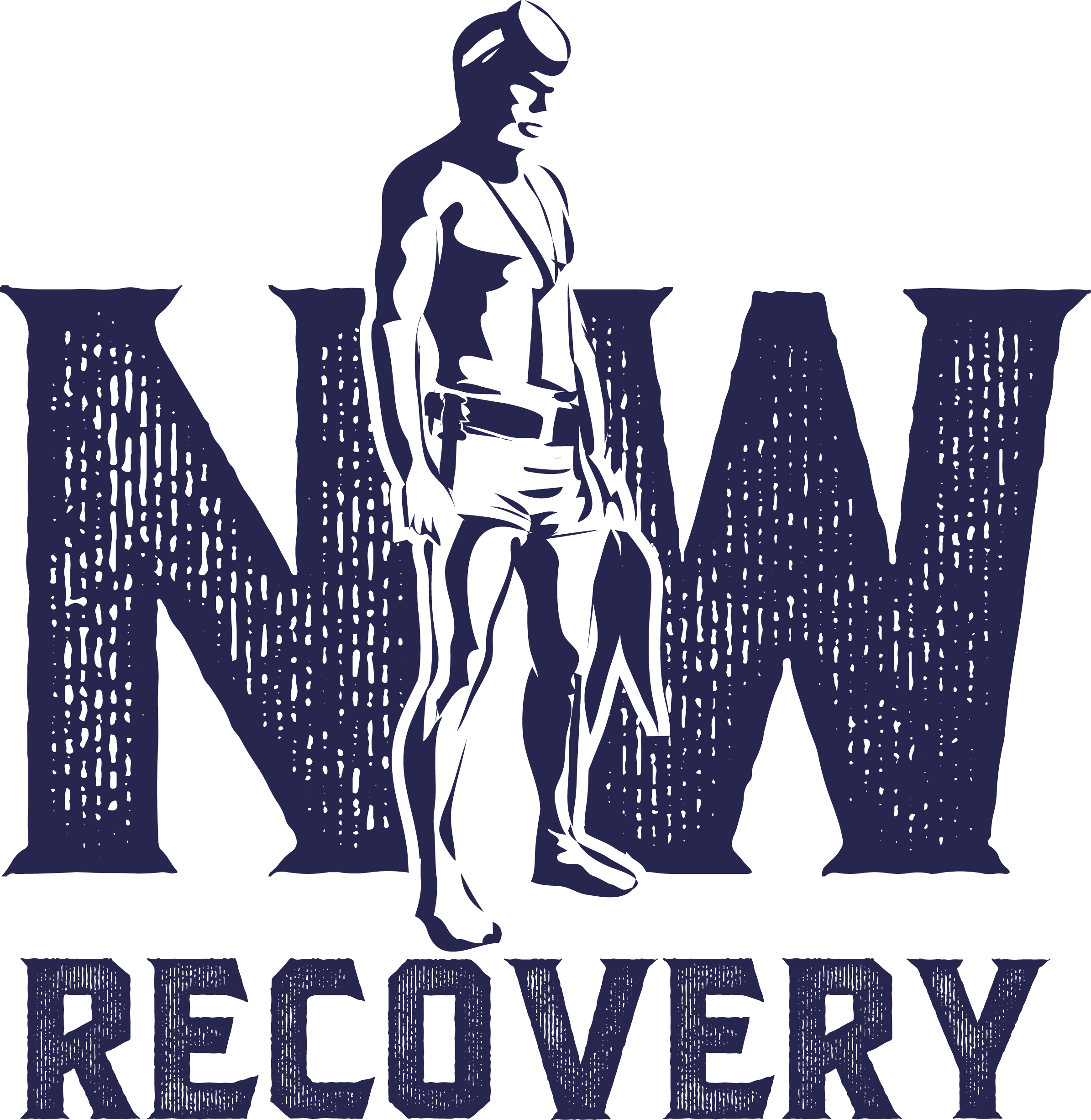As a retired US Navy SEAL, transitioning from the discipline and rigor of military operations to the dynamic world of entrepreneurship, I’ve observed a parallel in the importance of strategic planning, delegation, and leadership in both arenas. To my fellow entrepreneurs and business leaders, I offer insights grounded in my experience, emphasizing the necessity of taking your business seriously for it to thrive and grow. If you’re not taking your business seriously, it’s just a hobby.
The Importance of a Cost Matrix
Firstly, understanding and managing your operational costs through a detailed cost matrix is akin to planning a mission with precision. This matrix is your blueprint for financial health, enabling you to:
- Navigate Financial Waters: Just as in navigation, knowing every detail of your financial landscape allows for informed decision-making and strategic planning.
- Ensure Mission Viability: Assessing costs ensures your business operations are sustainable, allowing you to set prices that cover costs while generating a profit.
- Optimize Resource Allocation: Identifying areas of excess expenditure and reallocating resources effectively is crucial, much like managing limited resources in a mission scenario.
Neglecting this financial foresight is like embarking on a mission without a clear map, leading to potential pitfalls and resource depletion.
The Art of Delegation
In the SEALs, trust in your team’s abilities and effective delegation are paramount. This principle holds true in business as well:
- Maximize Operational Efficiency: Delegate tasks to those with the specialized skills to execute them, enhancing productivity and quality of output.
- Focus on Strategic Leadership: Free yourself from the weeds of daily operations to concentrate on growth strategies, innovation, and exploring new markets.
- Build a Scalable Structure: A business, much like a SEAL team, must operate efficiently at any scale. Effective delegation ensures that your operation can expand without compromising performance.
Failure to delegate is a critical bottleneck that can stunt growth and limit your business’s potential.
Evolving Leadership Responsibilities
As your business grows, so too must your role evolve. My experience in the field has taught me that leadership is not static; it demands adaptation:
- Strategic Vision and Guidance: Moving from hands-on operations to a role focused on the strategic direction and long-term objectives of your business is essential.
- Inspire and Lead Your Team: Leadership involves guiding your team towards achieving collective goals, fostering a culture of excellence, and mentoring future leaders.
- Manage Risks and Challenges: Identifying and mitigating risks becomes increasingly complex as your business grows. A proactive approach to risk management is crucial for sustainability.
Clinging to the operational roles of your early days can prevent you from seeing the bigger picture and seizing opportunities for growth.
The transition from a Navy SEAL to an entrepreneur has reinforced my belief in the importance of rigorous planning, effective delegation, and adaptive leadership in business. These principles are not only the backbone of successful military operations but also the foundation of thriving businesses. By embracing these strategies, entrepreneurs and business leaders can navigate the challenges of the business world with the precision and effectiveness of a SEAL mission.






